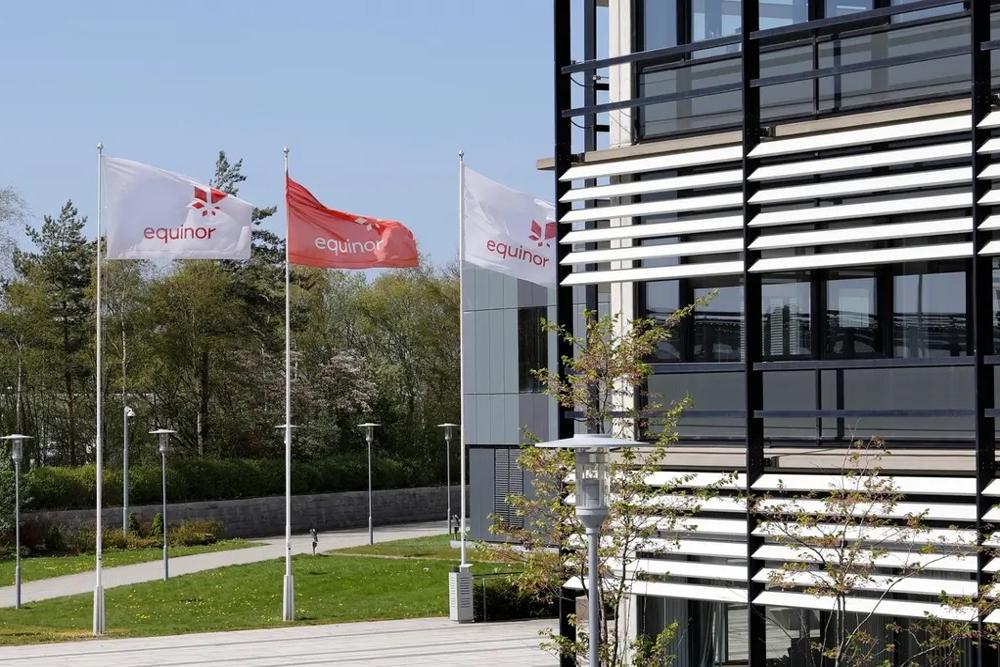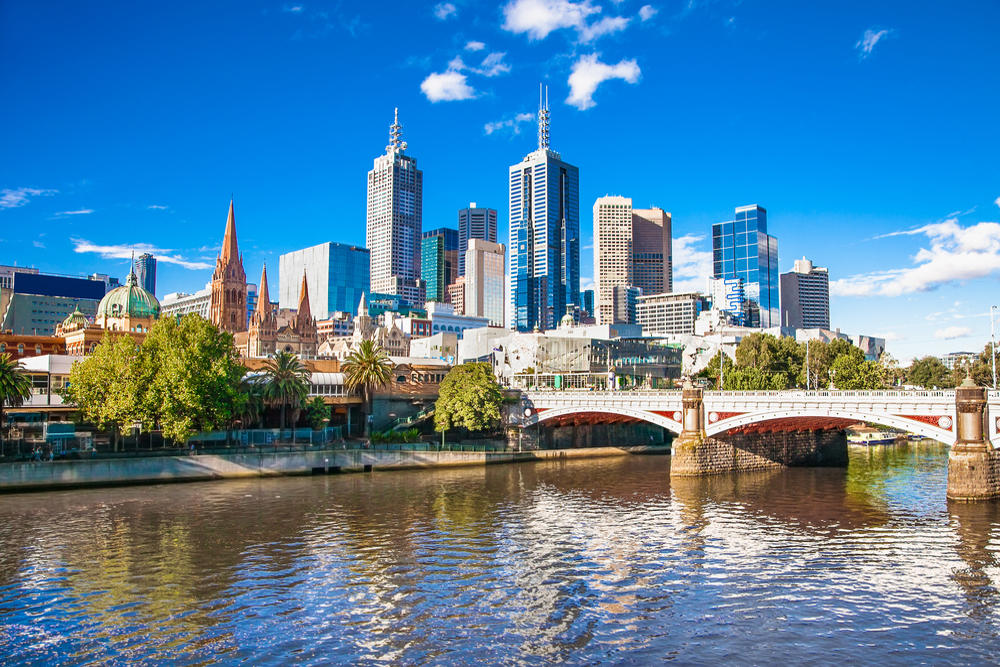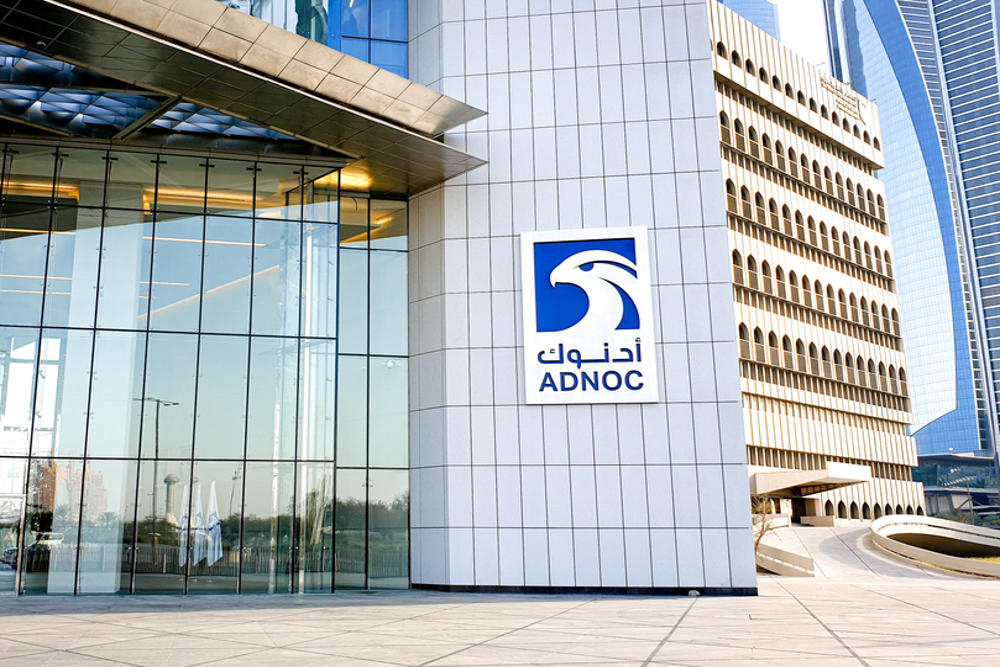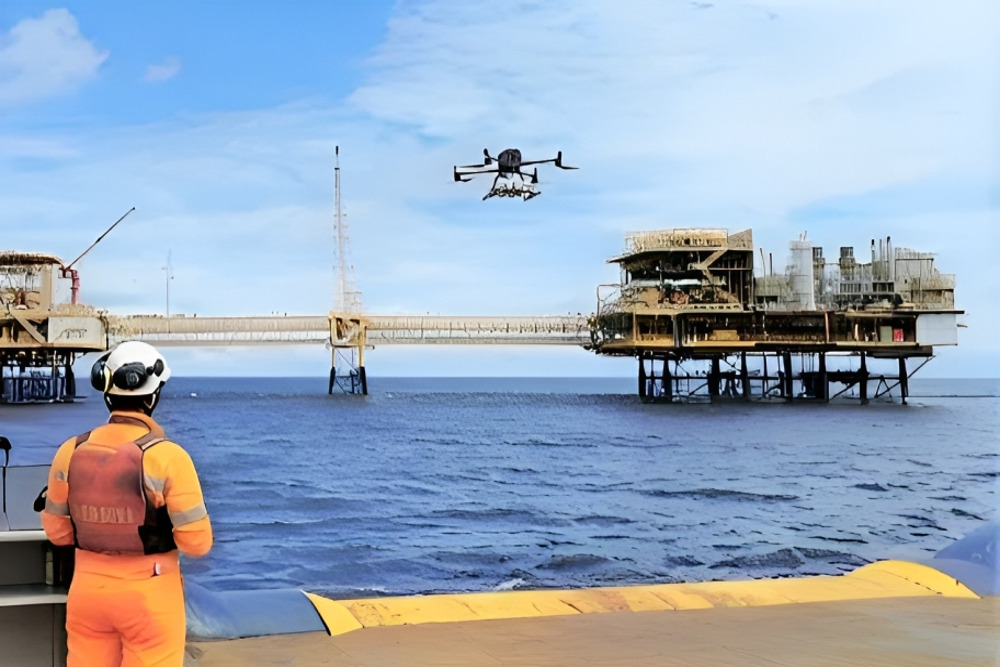
Equinor has announced its ambition to become a net-zero energy company by 2050. The ambition includes emissions from production and final consumption of energy.
Anders Opedal, who on Monday took over the position as Chief Executive Officer and President of Equinor, said Equinor is committed to being a leader in the energy transition.
“It is a sound business strategy to ensure long-term competitiveness during a period of profound changes in the energy systems as society moves towards net-zero,” Mr Opedal said. “Over the coming months, we will update our strategy to continue to create value for our shareholders and to realise this ambition.”
Earlier this year, Equinor announced its plans to achieve carbon-neutral global operations by 2030 and to reduce absolute greenhouse gas (GHG) emissions in Norway to near zero by 2050.
At the same time, Equinor outlined a value-driven strategy for significant growth within renewables, as well as a new net carbon intensity ambition.
In its announcement, the company detailed that continuing to deliver on the short and mid-term ambitions will be key to achieving net-zero emissions.
“Equinor has for years demonstrated an ability to deliver on climate ambitions and has a strong track record on lowering emissions from oil and gas. Now, we are ready to further strengthen our climate ambitions, aiming to reach net-zero by 2050,” Mr Opedal said.
Equinor still expects to deliver an average annual oil and gas production growth of approximately 3 per cent from 2019 to 2026.
The company notes that by optimising its portfolio through financial discipline and prioritisation, it will continue to develop competitive and resilient projects whilst maintaining industry-leading recovery rates, unit costs and carbon efficiency.
Equinor maintains that its plans for production, development and exploration at the Norwegian continental shelf (NCF) remain firm.
It also said that renewables will be a significant growth area for the company. Equinor has previously set ambitions for profitable growth within renewables and expects a production capacity of 4-6 gigawatts (GW) by 2026 and 12-16 GW by 2035 [1].
Equinor now plans to expand its acquisition of wind acreage, with the aim of accelerating profitable growth and will continue to leverage its leading position in offshore wind. Equinor will establish renewables as a separate reporting segment from first quarter 2021 [1].
Moreover, building on its capabilities from oil and gas, Equinor states that it is well-positioned to provide low-carbon technologies and establish zero-emission value chains.
The company is driving the development of these technologies through projects such as Northern Lights, which aims to store carbon dioxide from industrial sites across Europe.
Equinor also assumes that an increasing share of oil and gas will be used for petrochemicals towards 2050.
“Climate change is a shared challenge. The combined efforts of governments, industries, investors and consumers are crucial to reaching net-zero emissions, for Equinor and for society. Together, we can overcome technological and commercial challenges, cut emissions, and develop carbon capture and storage (CCS) and zero-emission value chains for a net-zero future,” Mr Opedal said.
Equinor expects to present an updated strategy at its Capital Markets Day in June 2021.
The company’s net-zero ambition covers scope 1 and 2 GHG emissions (operated basis 100 per cent) and scope 3 GHG emissions (use of products, equity share).
[1] Equity share.








